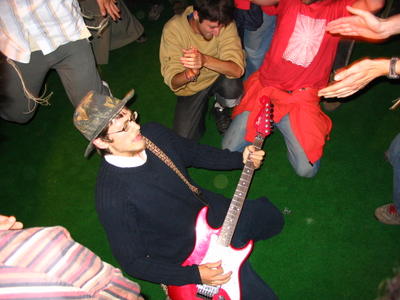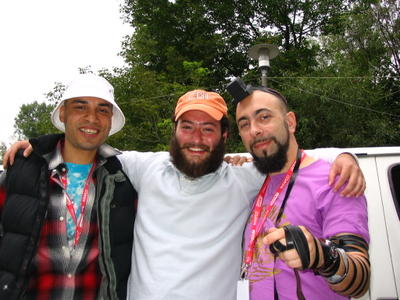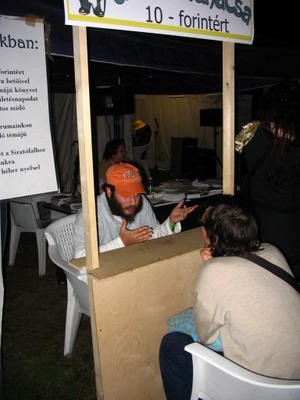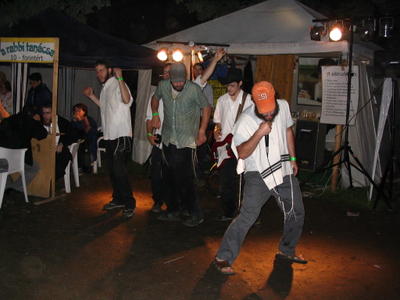Transition
As Busapest has, at least for me, now entered those antiquity-stained yellow pages of History, this will be the last piece to be posted under the page titled "Budapest". The Blog will continue; if anyone has an idea for a new page name, please be so kind as to share.
Transition is a word in motion. Or, in this eerie era of E prefix dominance (e-mail, e-commerce, e-bay), Transition is a word in e-motion. E, the e-xperts say, is the most commonly used letter in the E-nglish language. Now, there may be some of you who have an irritating itch to stop reading the words and start counting the letters; but don’t even bother: that “Eerie” word in the first line has definitely proved the theory right.
Transition must be a very unpopular word – it possesses a total of zero E’s. That unsavory race, Humankind, seems to neglect Transition: they cannot stand moving from a friendly environment to one that is foreign. Really, who can blame them? Friendly is held together by an E, as is Foreign; it is that Transitory state, between Friendly and Foreign, that lacks the common E-nominator, and is therefore shunned by the common folk – after all, which commoner would want to associate his common self with an uncommon word. Ironically, the word “Common” itself lacks that most common of letters: I guess it too is uncommon. More ironic: in this e-say, even the word “Uncommon” is common.
If Emotion were Electronic Motion – as Email is Electronic Mail – then pure Motion would be the movement of the static, while pure Emotion would be the movement of the dynamic. And one gives birth to the other: your eyes swivel – a Motion – what they see causes a feeling – an Emotion. Or vise versa: You feel an intense inner stir – an Emotion – which, in consequence, prompts tears to fill your eyes and roll down your cheeks – a Motion. Even if the E of Emotion was not meant to represent Electricity, which I’m sure it wasn’t, nevertheless, there is a connection – albeit more of a dynamic one – between Emotion as the Webster defines it, and E-motion as the Web (minus “ster”) (r)E-fines it.
Electricity – though blind to the naked, or, for that matter, dressed, eye – is an energy that can power entire cities. Emotion is just as powerful, and, therefore, just as incognito. Sure Motion is a force to be reckoned with – picture the Unrolling Stones – but Motion is tangible, is visible, and is therefore limited to our vision. Emotion however, is intangible, is invisible, and can therefore play beyond the rules. (True it too has rules, but they are not dependent on our vision.)
Thus, Transition is a word of Motion and E-motion: Motion, because that’s what one does to transit from one environment to another; and Emotion, because that’s what happens when one transits from one environment to another.
Why we fear Transition? We don’t. Yes, our Inner Robot – the E, as in Electric, side of us – cannot stand the unexpected, but that is to be expected of him – after all, he is a robot. Our other side, the side of us that knows no limits, the Inner Human if you will, cannot sit motionless, and cannot stand motionlessness; it must move, must reach beyond the norm, and does therefore not fear Transition.
This Blog is in Transition, transition from the friendly to the foreign – but before long the foreign too will be friendly and then it will be time to move on again, not stopping until all foreigners become friendly.
So, Budapest – that place once so foreign and now so friendly – with this Transition I close your chapter, but I only do it to open another one.






